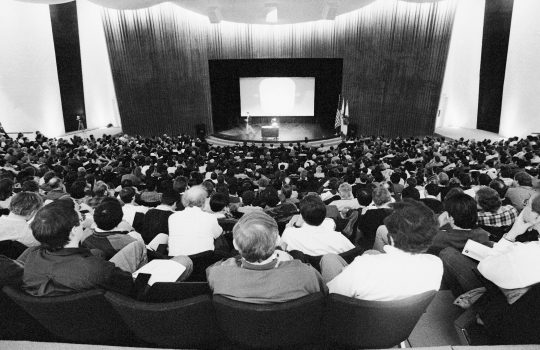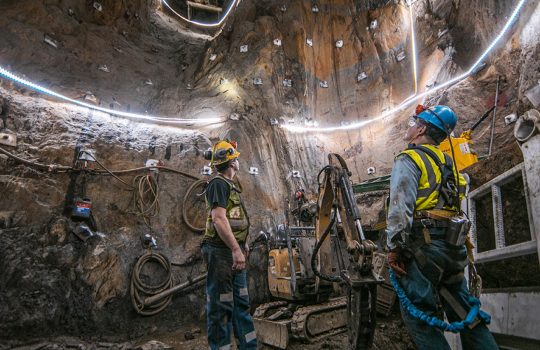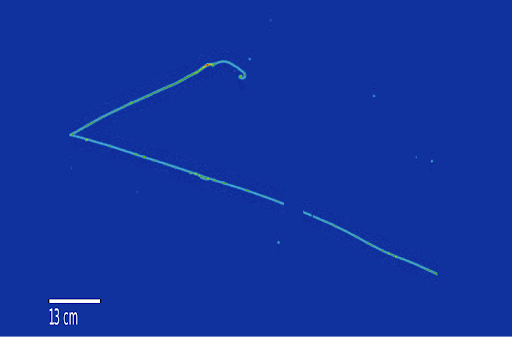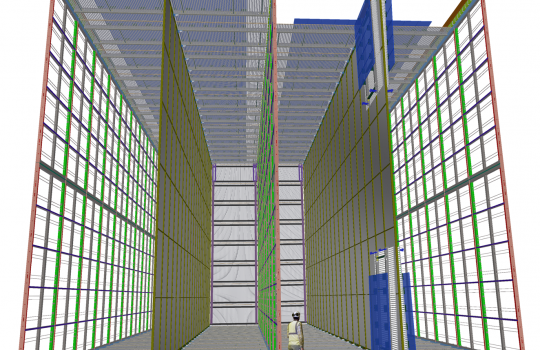They are there and they are gone: ICARUS chases a fourth neutrino
Scientists have begun filling the ICARUS detector at Fermilab with liquid argon, moving one step closer toward neutrino oscillation measurements and the potential discovery of sterile neutrinos.










